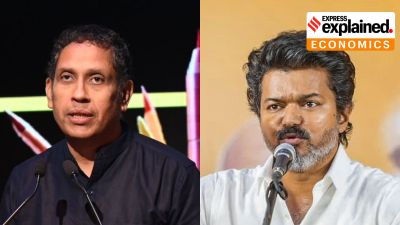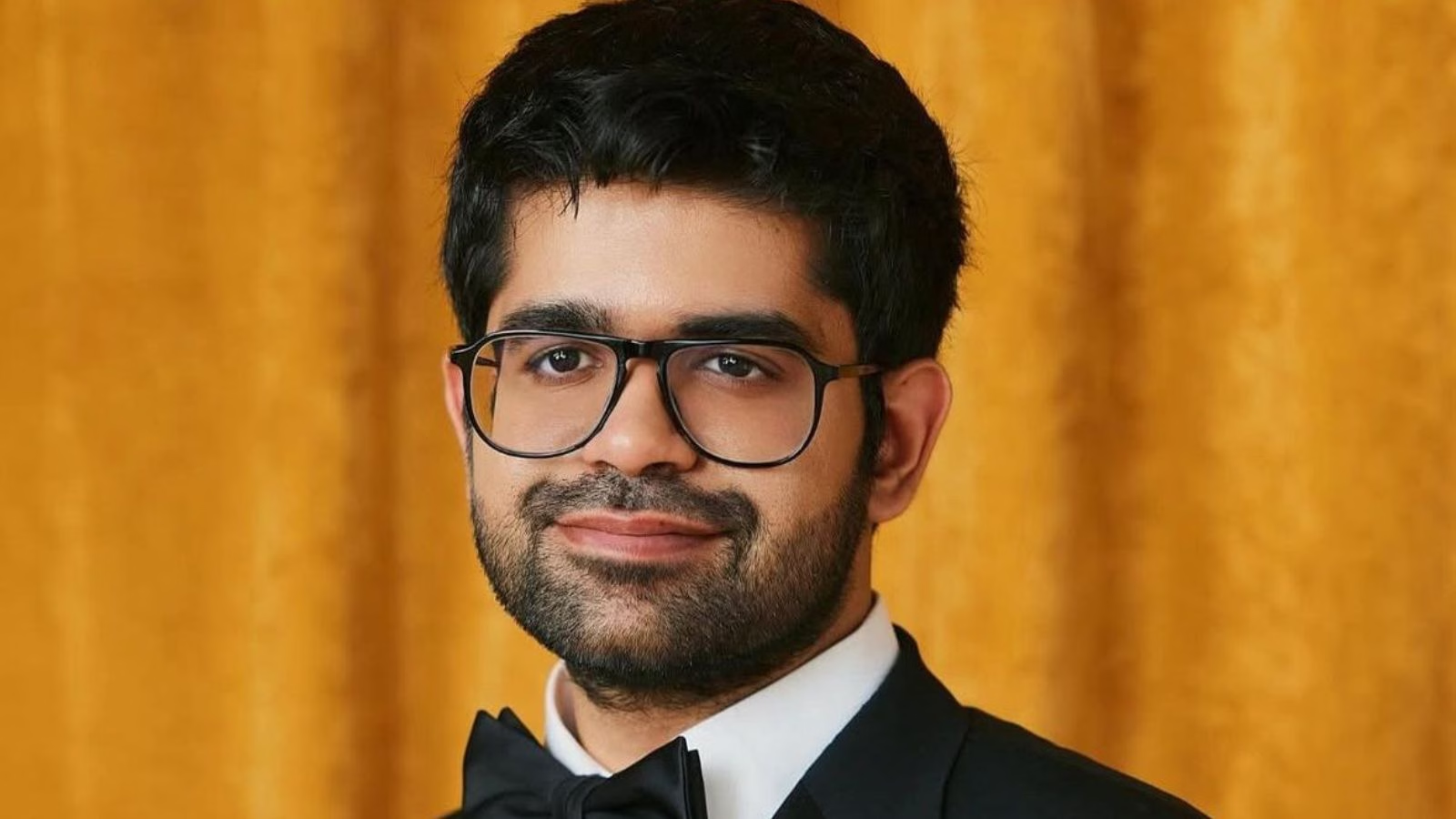Pancha Obama
Generals and diplomats on the media sound sick at Obama8217;s statements on Kashmir: but saying, as he did, that Kashmir is not to be held hostage to religious fundamentalism plays to India8217;s strength

Five is an auspicious number in India. Panch amrit, Punjab and the five Sikh religious symbols. And now, there are five rules which follow from the recent elections in the US, some only dimly seen in Delhi.nbsp;
The first is the rule of Inclusion. Although fashionable, as the political scientist Mohanty says, it is not a very likeable word. The South Africans, who carry the innocence of recent freedom unlike us jaded Indians whose midnight hour came sixty years ago, call it Solidarity. It is difficult to explain it to a younger generation that has never heard Gandhiji, Pandit Nehru, the Sardar or the Maulana. Also the retired re-employed Foreign Service types and intellectuals who do the explaining were largely not a part of sixties, Kennedy America in the Sixties. The first university sit-in was not at Berkeley, but at that iviest of ivies, the University of Pennsylvania. I know because as the vice-president for international students, I was there in College Hall as we fought for more open admissions 8212; there were only two African-Americans on campus. Later we were to go around the bars of Philadelphia, the City of Brotherly Love, on the night of Kenyan independence shouting 8220;Uhuru, Uhuru8221; much to the bemusement of the natives. Our teachers were with us: many had been hounded in the McCarthy period and one was to get the Nobel later. Thus it is not for nothing that in our drawing rooms the President-elect8217;s speeches are being appreciated; though the hope is quietly being expressed that it doesn8217;t encourage 8216;undesirable types8217; in India. Tough luck. The idea that small-town India won8217;t notice is absurd: globalisation is more than cola and burgers, and the election of Barack Hussein Obama will reverberate for decades and continents. The fear this excites in the relics of our past is real: in the fight for inclusion, however bitter, long and hard, there is now no going back.nbsp;
The second reason is Kashmir. Generals and diplomats on the media sound sick at Obama8217;s statements on Kashmir: but saying, as he did, that Kashmir is not to be held hostage to religious fundamentalism plays to India8217;s strength. As late as 1989, I could lecture there on the Sher-e-Kashmir Hall on precisely that. Only the petty politics of Delhi mutilated the Indian ideal. India will pay the price of securing Jammu and Kashmir and the north-eastern states to protect this land as the country of diversity. And, meanwhile, the Brahmaputra and the Mekong, and the Sutlej and the Oxus need to link. As Obama says, the future of the region is in secular development and in eliminating religious terrorism. Indians who don8217;t know this have nothing to fight for. As democracy sweeps across Pakistan, Nepal and the Maldives 8212; with Burma inevitably following 8212; the future is ours.nbsp;
Obama is clear on his economics. Being a Western Indian market-economy type, I am chary of strong-arm stuff, but mouthing Keynes while working only on insurance reform 8212; bringing in to India non-existent financial FDI while facilitating the withdrawal of the existing investments is not particularly creative at this time. Now, there8217;s likely to be a slowing of the haemorrhage: the third rule is that India will benefit from this, particularly if its own actions are in slow motion.
The fourth law here is more exciting. Obama has a constituency of farmers, small businesses and small industry. As the world reacts to the G-20 I have made the point here and elsewhere 8212; in a preface to a book by Andy Cooper, and in another by the G-8 Institute on G-20 at Ten 8212; that financial restructuring needs institutions which build instruments, collateral, facilitation for communities and small producers on whom the real and not the derivative economy rests. A new dispensation in America will push that agenda forward, as also the point we made in the L20 volume in 2003 that the world must have early warning systems for crisis. nbsp;
The fifth lesson is that as the US becomes greener, we will need to spearhead the land, water and energy initiatives. Your economy will do less badly the sooner you get on board with us, Mr. President-elect, as also in Nuclear energy. Whatever the discussion on the outsourcing jhamela, we can at least trade ideas with you.
The writer, a former Union minister, is chairman, Institute of Rural Management, Anand
expressexpressindia.com
- 01
- 02
- 03
- 04
- 05































